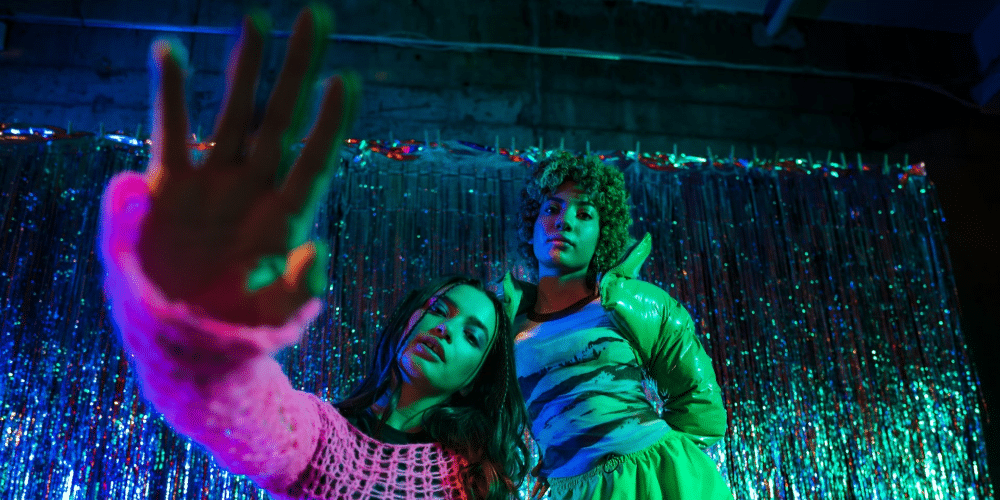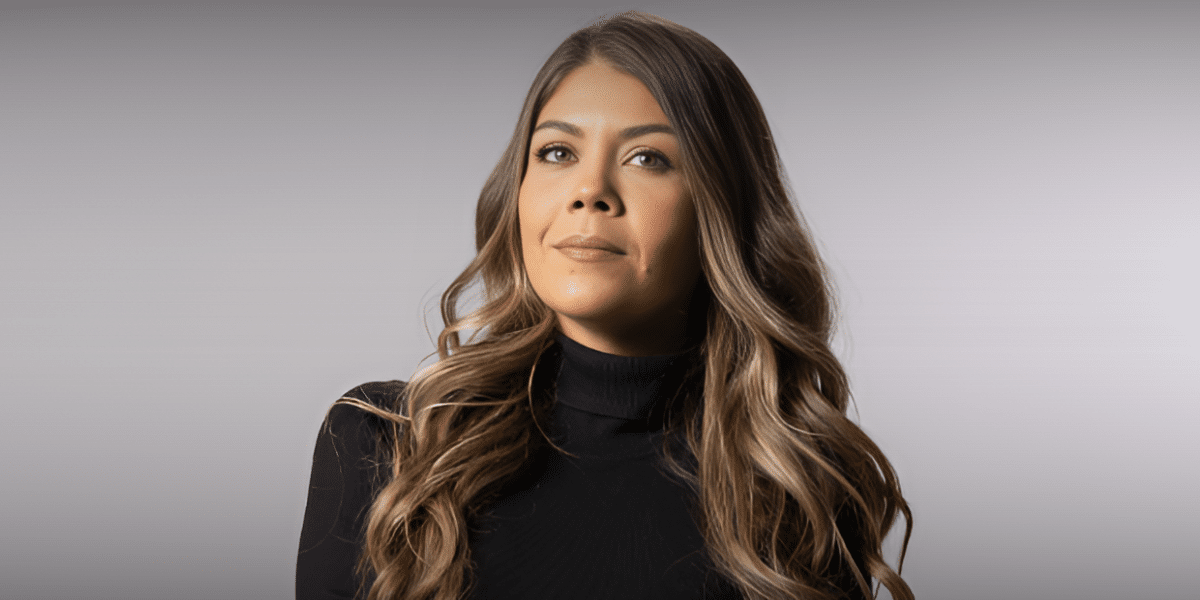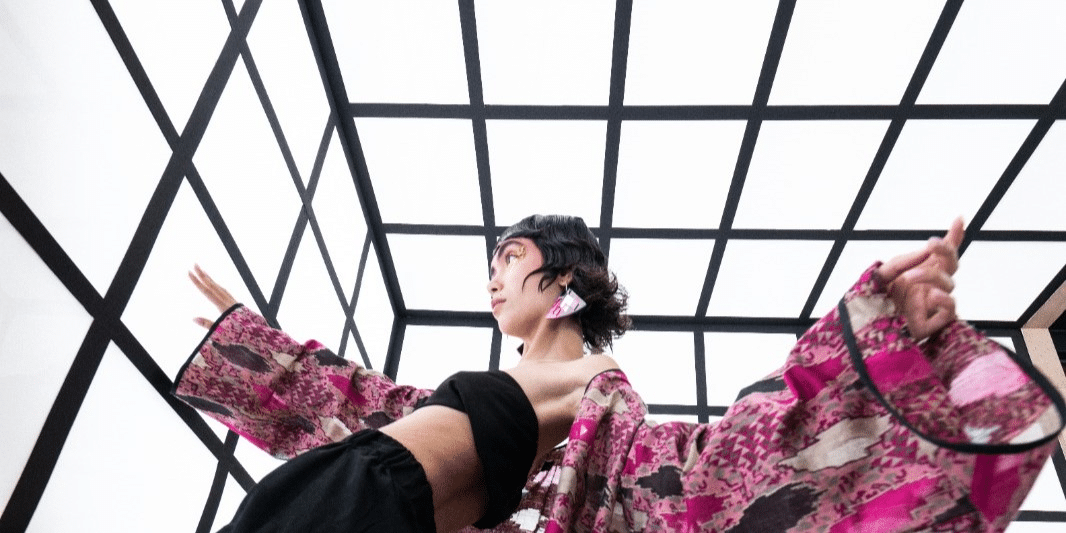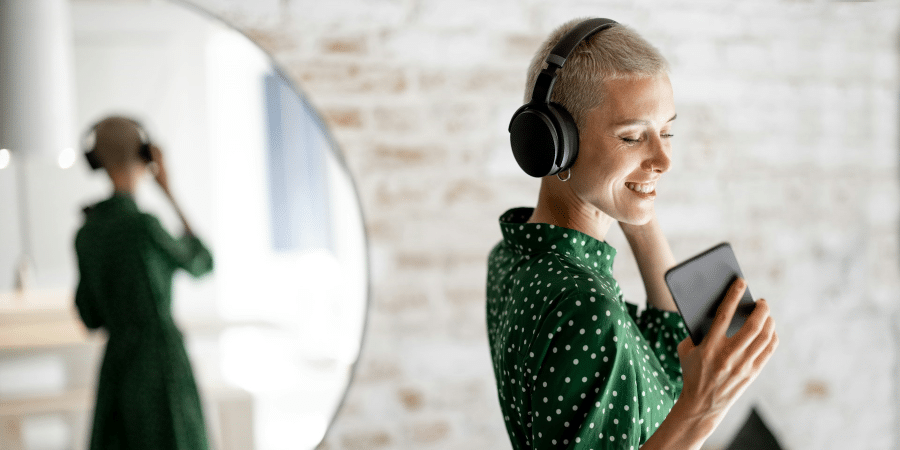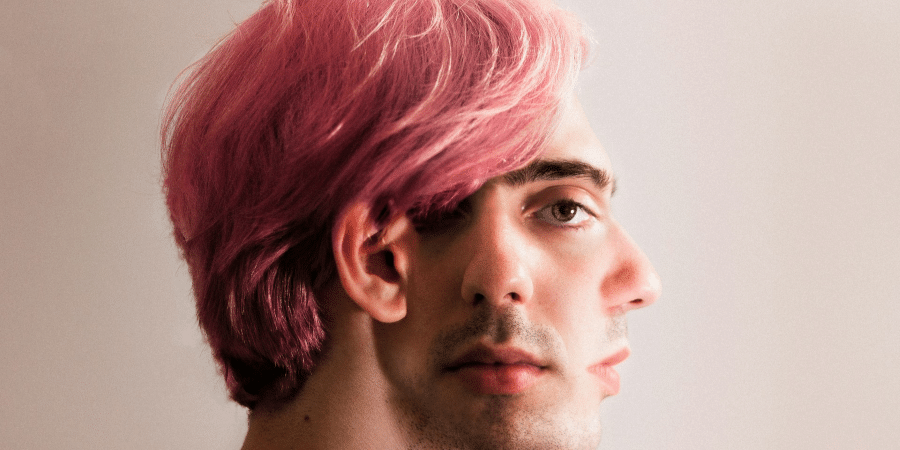Actress, singer, and mental health advocate Demi Lovato recently spoke out about how Hollywood’s beauty ideals fueled her eating disorder as a young actress. In an interview with TODAY’s Savannah Sellers, Lovato reflected on her recovery journey and how growing up in the public eye had a “really negative impact” on her mental health.
When Lovato first sought treatment for her eating disorder, she was 18 years old and already a prominent Disney Channel star. She sought treatment for her eating disorder as well as for emotional problems and self-harm.
And after sharing that event, she had to choose between following the advice to keep her mouth shut and say nothing or sharing her experience, strength, and hope with another person in hopes that it affects them in a positive way.
Toxic Standards of Beauty
According to Lovato, growing up during a time when young Hollywood was so slim had a detrimental effect on her mental health, which ultimately resulted in her eating disorder.
She shared that when you see pictures of people with ideal bodies, you start to scrutinize yourself and start to pick yourself apart.
It’s challenging to develop in a society where that is constantly available to you and right in front of your face. She grew up during a time when young Hollywood was considered to be extremely skinny.
Eating Disorders and Mental Health
Eating disorders are still very common, affecting millions of Americans. The National Association of Anorexia Nervosa and Associated Disorders (ANAD) estimates that 28.8 million Americans, or nearly 9 percent of the country’s total population, may develop an eating disorder.
Eating disorders take many forms, including anorexia nervosa, bulimia, and binge eating. Since these conditions jeopardize a person’s nutrition, they are among the deadliest mental illnesses. According to ANAD, they also carry a higher chance of dying by suicide.
Lovato’s Message of Hope
Throughout her career, Lovato has consistently spoken out about mental health awareness and has been open about her personal ups and downs. In 2018, Lovato nearly died after overdosing on heroin.
The terrifying, life-altering ordeal galvanized her to talk about the dangers of drug addiction in Demi Lovato: Dancing With the Devil, her 2021 YouTube Originals documentary.
Lovato encourages teens who are struggling to ask for help. Thanks to celebrity mental health advocates like Lovato, more people are talking openly about eating disorders.
In her conversation with TODAY, the “Sober” singer encouraged any teens who are struggling with their mental health to ask for help.
She shared that she wished she had someone to turn to when she was 13 years old as she was starving herself and suffering from an eating disorder. She just wanted someone in the public eye to acknowledge that it was what they had gone through, but she didn’t have to go that path.
She wants young people to understand that asking for help and talking to others are both perfectly acceptable and extremely necessary.
Lovato’s Recovery
Luckily, toxic beauty standards no longer run Lovato’s life. The singer is doing much better now and even told Sellers that she’s working on a “happy rock album,” which she’s found “kind of challenging” as someone who has historically struggled so much.
Conclusion
Lovato’s story is one of hope, resilience, and the power of speaking out. By sharing her experience, she is helping to destigmatize eating disorders and mental health struggles and encouraging others to seek help.
Her journey serves as a reminder that recovery is possible and that no one is alone in their struggles.
Get the latest artist updates with Artist Weekly! Our platform covers all the latest music news, movies, events, and concerts featuring your favorite artists and personalities. Subscribe now to stay updated with the happenings in the world of music and entertainment!


